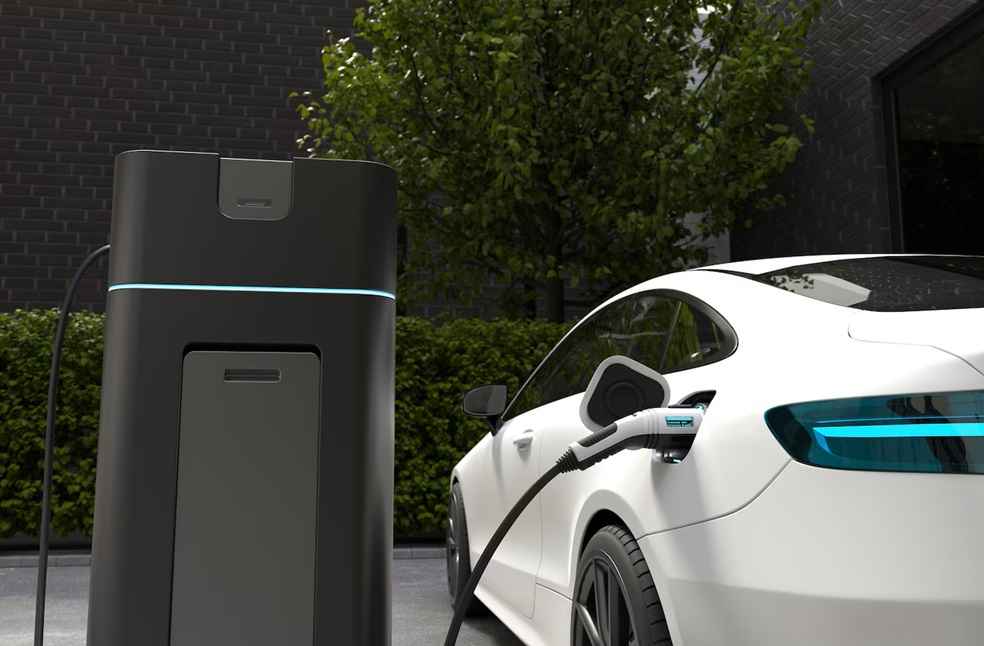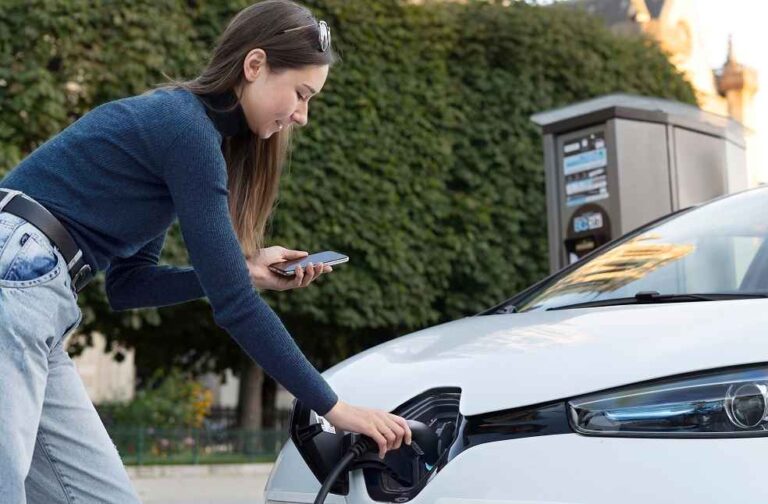A sweeping tax-and-expenditure bill backed by President Donald Trump and approved by the U.S. Senate will eliminate electric vehicle tax credits within the next three months.
In his second term, Trump has been actively promoting the ‘One Big Beautiful Bill’—a comprehensive legislative package that includes major reforms to federal tax and spending policies. From July 3, the bill will have a significant impact on future electric vehicle buyers.
The sweeping tax and budget reduction bill approved by Congress on Thursday will eliminate federal incentives for the purchase of electric vehicles.
Buyers can take advantage of federal electric vehicle tax credits until September 30, before they expire under the new legislation. These incentives, currently offering up to $7,500 for new EVs and $4,000 for used ones, were introduced to make the electric vehicles more financially accessible.

As reported by CBS News, the recent figures from Kelley Blue Book show that new electric vehicles in the U.S. now cost about $9,000 more than the gas-powered counterparts, while used EVs are priced around $2,000 higher than similar gasoline models.
Federal tax credits, combined with various state-level incentives, played a crucial role in narrowing the cost difference between electric and gas-powered vehicles. Without these financial supports, Ingrid Malmgren, Senior Policy Director at Plug In America, warned that EVs could become financially inaccessible for many Americans in lower and middle-income brackets.
In addition to eliminating the $7,500 tax credit, the bill would also revoke the $3,750 incentive currently offered for plug-in hybrid vehicles.

Although electric vehicles often come with a higher upfront cost, they can offer better long-term value due to lower expenses for maintenance, repairs, and fuel compared to gasoline-powered cars. Experts also point out that, despite the phasing out of federal tax credits, buyers can still benefit from various state and local incentives.
Meanwhile, the National Automobile Dealers Association (NADA) had called on Congress to implement a reasonable transition period before eliminating electric vehicle incentives and had warned that an abrupt repeal could severely disrupt the used car market. The association emphasized that dealers are currently holding approximately 140,000 EVs in inventory, and a sudden policy shift would leave retailers vulnerable to financial strain and consumer confusion.
TRENDING | Akio Toyoda Aims to Make Cars Japan’s Cultural Pride





